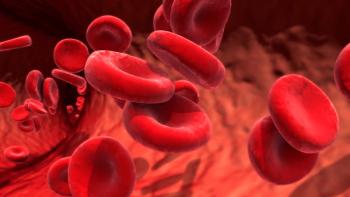
Exa-cel was recently approved for treating sickle cell disease under the name Casgevy.

Exa-cel was recently approved for treating sickle cell disease under the name Casgevy.
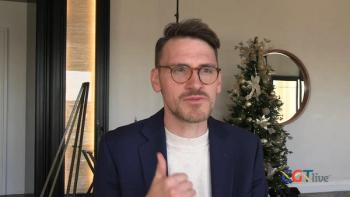
The postdoctoral researcher at Laboratory for Translational Cancer Immunology, Ludwig-Maximilians-Universität München, discussed the need for research into how CAR T-cells act differently between sexes.
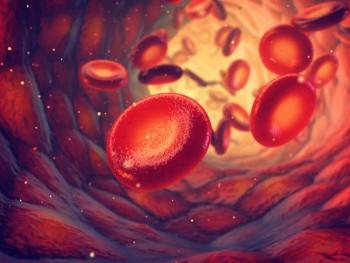
An analysis of participants from GENEr8-1 who had low transgene-derived Factor VIII expression was presented at ASH 2023.
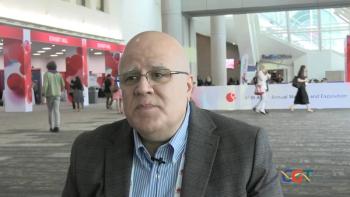
The Medical Director of Pediatric Hematology/Oncology at Sarah Cannon Research Institute discussed new data from CLIMB-121 presented at ASH 2023 supporting Casgevy's approval.
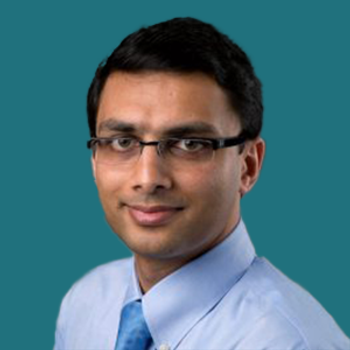
Akshay Sharma, MBBS, a bone marrow transplant physician at St. Jude Children’s Research Hospital discussed PRO data on Vertex and CRISPR’s gene-edited cell therapy for sickle cell disease.
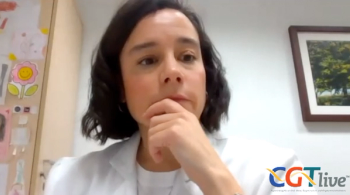
The hematologist at the University of Navarra discussed updated data from the phase KarMMa-3 trial.
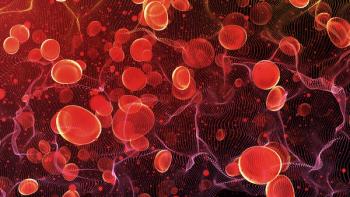
Rabi Hanna, MD, presented updated data from the RUBY and EdiThal trials at ASH 2023.
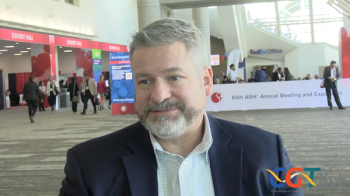
The chief medical officer of Orca Bio discussed some trends he was excited about at ASH’s 2023 conference.
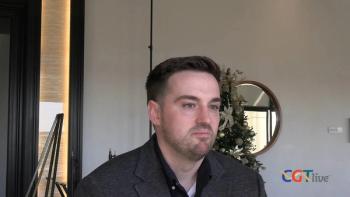
The chief hematology/oncology fellow at University of Chicago discussed new data from the ROCCA collaborative study presented at ASH 2023.
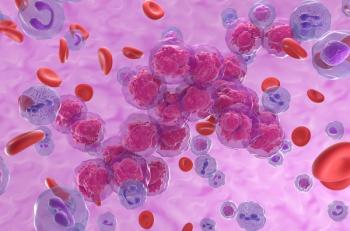
A pooled analysis of the ALLCAR19 and FELIX trials including patients with R/R B-ALL, B-CLL, and B-NHL were presented at ASH 2023.
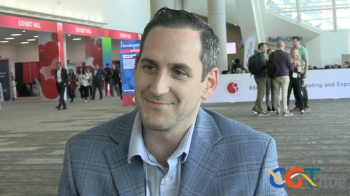
The hematologist and cell therapist from the University of Miami Sylvester Comprehensive Cancer Center spoke about long-term outcome data he presented at ASH’s 2023 conference.
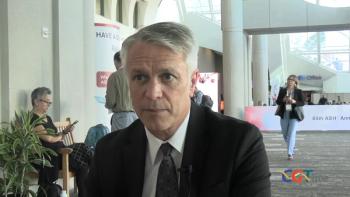
The professor of pediatric hematology/oncology at CS Mott Children’s Hospital discussed 3-year follow-up data from the HOPE B trial of the approved gene therapy, branded as Hemgenix.
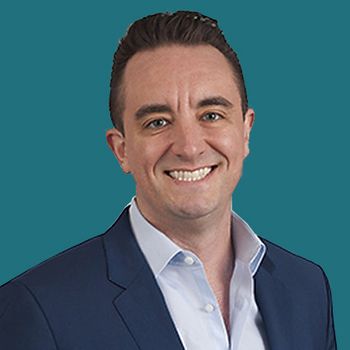
BCMA-directed CAR T-cell therapy anitocabtagene autoleucel demonstrated a 76% complete remission rate and 89% negative minimal residual disease in patients with relapsed/refractory multiple myeloma.
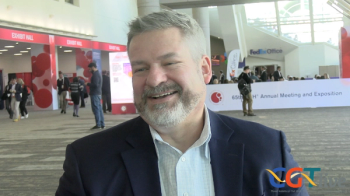
The chief medical officer of Orca Bio discussed data the company presented on its Orca-T and Orca-Q programs at ASH 2023.
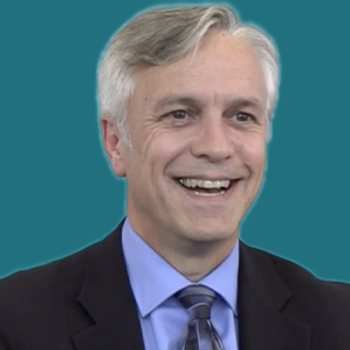
The CSL Behring/uniQure gene therapy produced significant reductions in annualized bleeding rates and the number of total bleeds, with a consistent safety profile and no new adverse events.
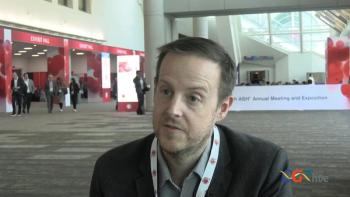
The associate professor at Peter MacCallum Cancer Centre discussed case study research from the center and possible contributions to the case.
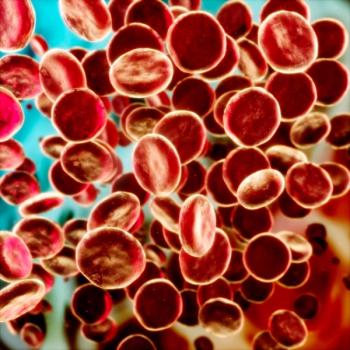
No significant differences were observed between patients with and without HCBV in the reductions seen in ABR for all bleeds during the 7 to 36 months posttreatment timeframe.
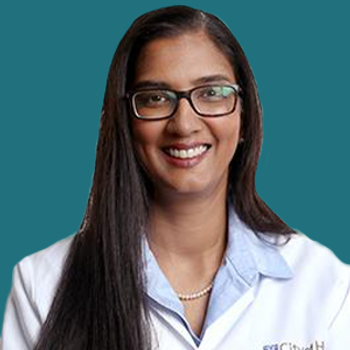
Among patients with chronic lymphocytic leukemia and small lymphocytic lymphoma, the Bristol Myers Squibb CAR T cell product showed consistent efficacy in patients with a lack of success with BTK inhibitor and venetoclax treatment.
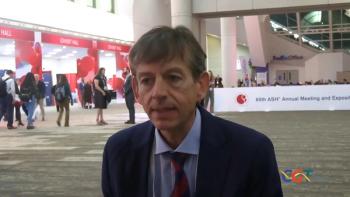
The professor of hematology at University of Lille and chair of LYSA shared updated data from the TRANSCEND-FL trial.
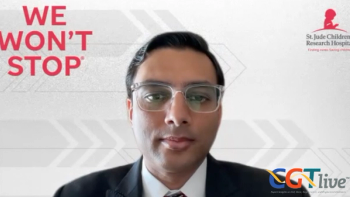
The bone marrow transplant physician at St. Jude Children’s Research Hospital also discussed the recent approval of exa-cel.
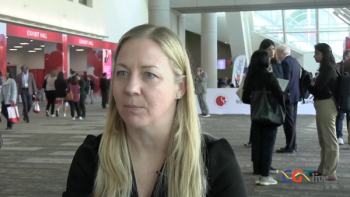
The medical Director and interim co-Chief Medical Officer at Seattle Children's Therapeutics discussed complete data from the PLAT-03 feasibility trial assessing SCRI-CAR19 and CD19t T-APCs in B-ALL.
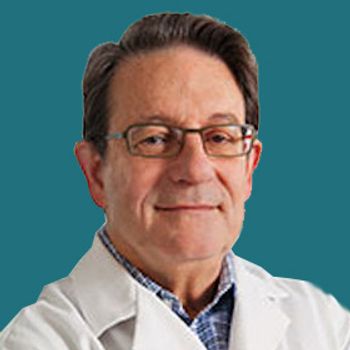
A CRISPR/Cas9-edited allogeneic stem cell transplantation effectively reduced hematopoietic toxicity associated with maintenance gemtuzumab ozogamicin for high-risk acute myeloid leukemia (AML).
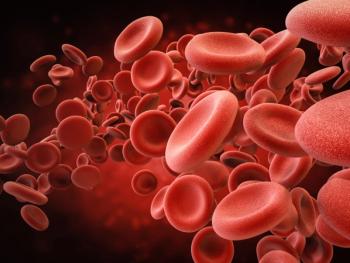
Data from 3 early phase clinical trials assessing BRL-101 in 10 patients were presented at the ASH 2023 meeting.
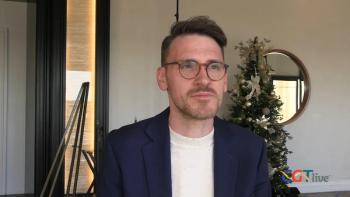
The postdoctoral researcher at Laboratory for Translational Cancer Immunology, Ludwig-Maximilians-Universität München, discussed an analysis of female and male patient outcomes after axi-cel therapy.

CD19-directed CAR-T-cell therapy resulted in sustained remission for over a year and no return of autoimmunity for patients with systemic lupus erythematosus, idiopathic inflammatory myositis, and systemic sclerosis.
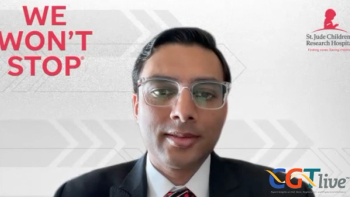
The bone marrow transplant physician at St. Jude Children’s Research Hospital discussed an analysis of the sickle cell disease gene therapy he’s presenting on at ASH’s 2023 meeting.
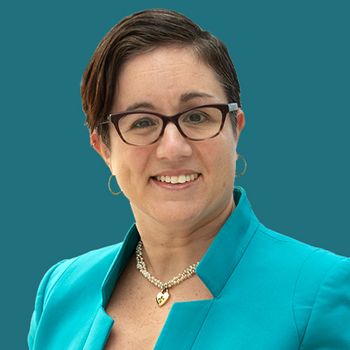
Long-term data on lovo-cel gene therapy for sickle cell disease (SCD) reveals sustained efficacy at 60 months.
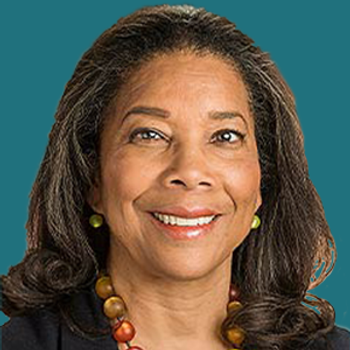
Bluebird bio’s gene therapy, marketed as Zynteglo, showed successful rates of transfusion independence up to 9 years with a reasonable safety profile in data presented at ASH 2023.

There were no treatment-related serious adverse events reported.
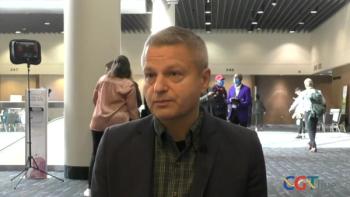
The associate professor of medicine from University of Pennsylvania discussed advantages of huCART19-IL18 in NHL and CLL.